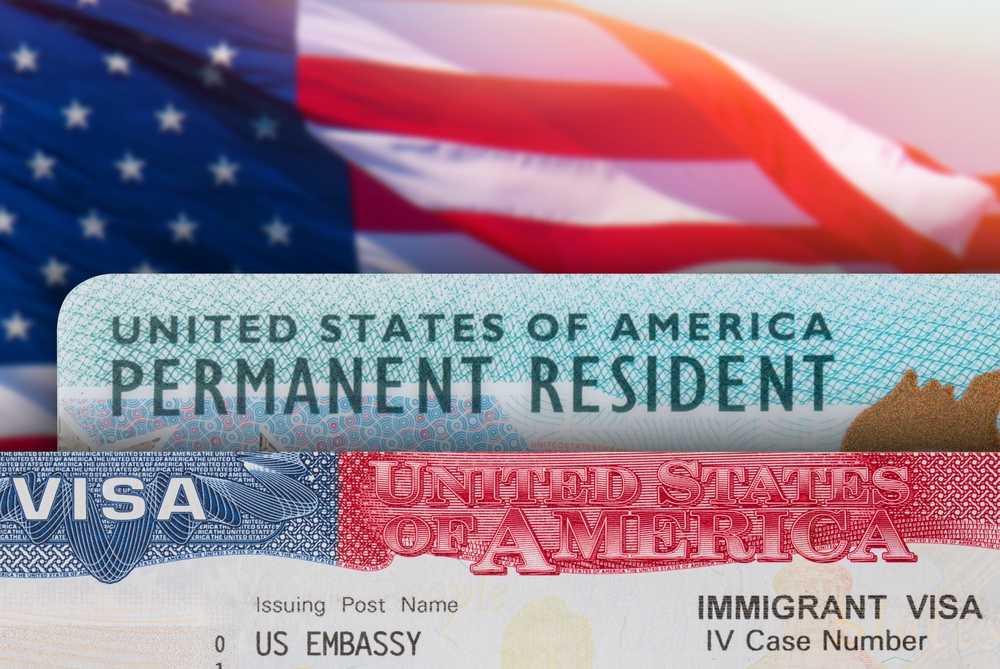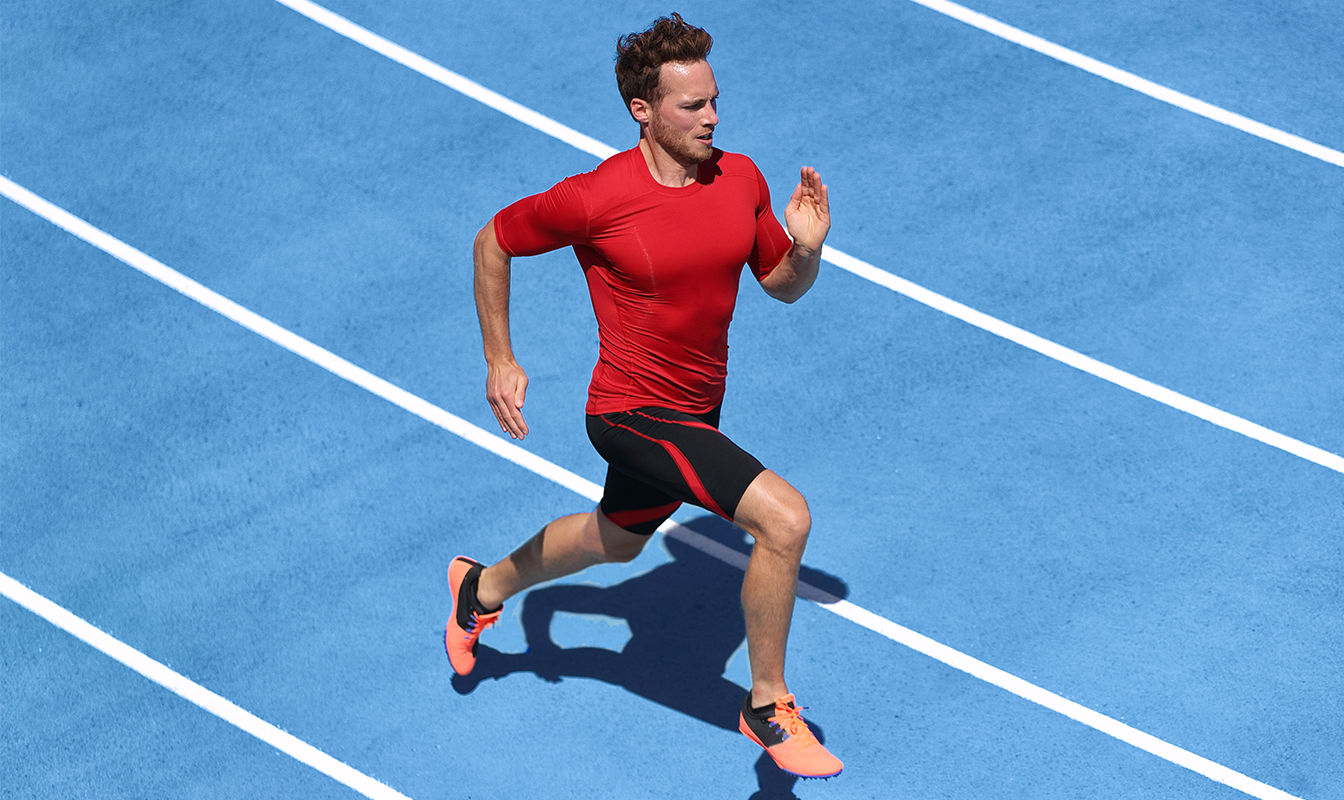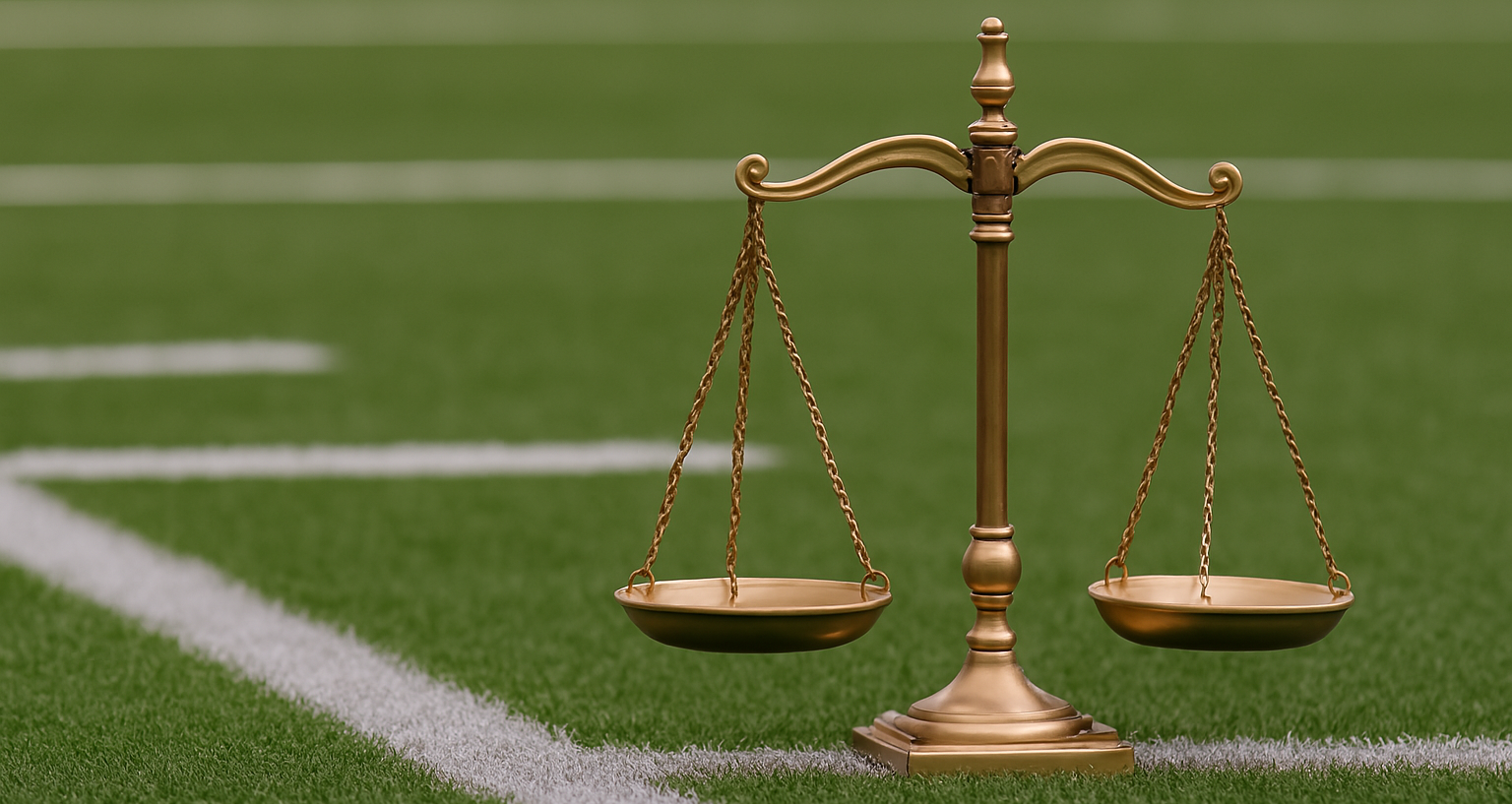
What We’re Watching 7/29/21:
Olympic gymnast Simone Biles pulling out of the team competition this week and earlier stories around tennis professional Naomi Osaka pulling out of the French Open due to personal mental health concerns have put the spotlight on athletics programs and how they support the well-being of their athletes both physically and mentally.
In February, the NCAA released results from its Student-Athlete Well-Being Study, revealing that ~22% of male student-athletes felt mentally exhausted and ~6% felt “so depressed that it was difficult to function.” Those figures were even more startling among female student-athletes, with ~41% feeling mentally exhausted and ~12% feeling depressed “constantly.”
Examples of Universities Supporting Student-Athlete Mental Health:
- Accessible and Engaging Content: The University of Michigan’s “Athletes Connected” micro-site features a wealth of resources for student-athletes struggling with mental health issues.
- The site includes research, video testimonials from student-athlete alumni, personal skills and strategies, and a dedicated page for those who are preparing to retire from their sport and might need assistance navigating life and personal identity.
- Utilizing Existing Tools: Fordham University began utilizing RealResponse, a feedback and anonymous reporting platform for collegiate athletics, to also better understand the well-being of its student-athletes.
- Other institutions such as Boston College, Wake Forest, and Ole Miss have also reported to have utilized the platform in this way.
- Promoting Awareness Within Your Institution and Beyond: Syracuse University hosted a “More Than A Game” virtual symposium dedicated to promoting athlete mental health awareness in April 2021.
- Speakers included Syracuse student-athletes as well as industry professionals.



